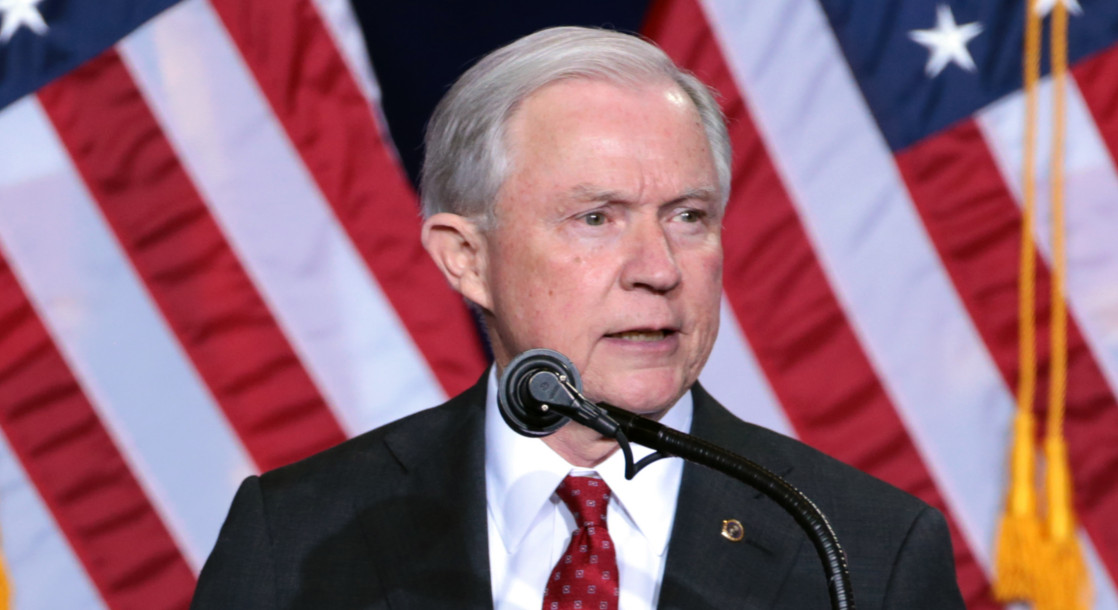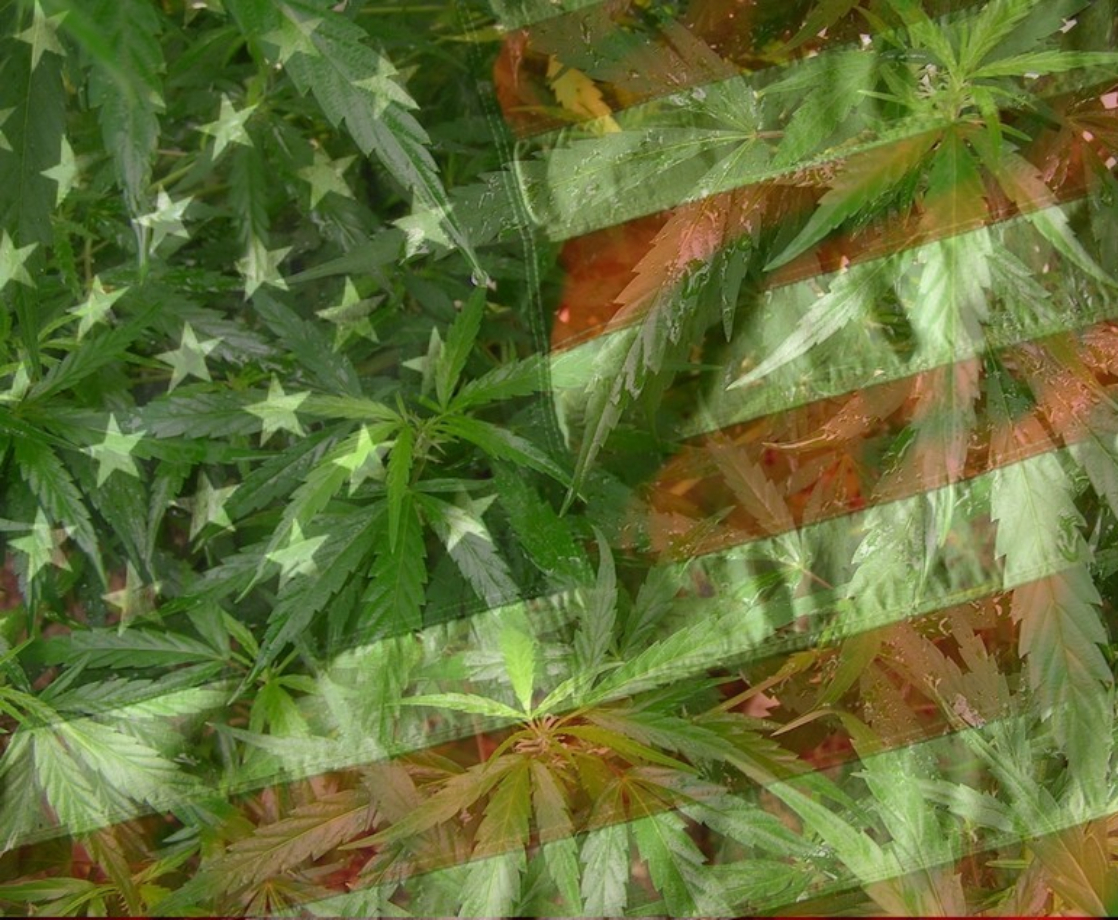Although there is no significant evidence to suggest that U.S. Attorney General Jeff Sessions will kick down the doors of the cannabis industry in the name of his largely blown out of proportion “marijuana crackdown,” that doesn’t mean the Justice Department isn’t still considering a revision or complete reversal of an Obama-era measure that has given states the freedom to experiment with taxed and regulated pot markets.
Earlier this year, Sessions assembled a violent crime task force to review a slew of federal policies, including those pertaining to the legalization of marijuana. The goal of this effort was to make any connection between states that have legalized cannabis and an increase in violent crime.
As of last week, those recommendations have been submitted to Sessions, but no definitive policy changes have yet to emerge.
“Those recommendations went to the AG,” spokeswoman Sarah Isgur Flores told The Huffington Post. “We’ll make announcements on policy changes when we have announcements to make.”
But, even though some of the latest data coming out of Colorado and Oregon proves that marijuana legalization isn’t causing an increase in teenage consumption or stoned driving, changes in the way the federal government allow states to proceed with their post-prohibition practices appear to be somewhat inevitable under the not-so-dynamic duo of President Trump and Attorney General Sessions.
In fact, Sessions recently fired off a letter to Washington Governor Jay Inslee and Attorney General Bob Ferguson, pointing out a handful of problems he thinks the state’s legal marijuana market is experiencing. The letter was sent in response to three separate attempts by Washington officials to convince the Justice Department that a taxed and regulated marijuana scheme under the guidelines of the “Cole Memo” has proven successful.
But Sessions, who references in his letter the latest Northwest High Intensity Drug Trafficking Area (HIDTA) report, isn’t buying it.
The attorney general told Washington officials that the latest HIDTA data “raises serious questions about the efficacy of marijuana 'regulatory structures' in your state."
"These findings are relevant to the policy debate concerning marijuana legalization," Sessions wrote. "[P]lease advise as to how Washington plans to address the findings in the Northwest HIDTA report, including efforts to ensure that all marijuana activity is compliant with state marijuana laws, to combat diversion of marijuana, to protect public health and safety, and to prevent marijuana use by minors. I also am open to suggestions on marijuana policy and related matters as we work to carry out our duties to effectively and faithfully execute the laws of the United States."
There was some hope that Attorney General Sessions would either quit or be fired before he had the opportunity to put the screws to the cannabis industry. However, despite rumors last week that President Trump was on the verge of removing Sessions from his post, a new report from the Associated Press indicates that the attorney general is probably here to stay.
“Kelly called Sessions on Saturday to stress that the White House was supportive of his work and wanted him to continue his job,” the report reads. “Kelly, who was appointed to the post the day before, described the president as still miffed at Sessions but did not plan to fire him or hope he would resign.”
This means the whole of the cannabis community will likely have to face some changes in the way the federal government “allows” marijuana legalization to take place in the United States. But the crackdown will not likely result in the total closure of the cannabis trade.
On Tuesday, Colorado Governor John Hickenlooper said that Sessions told him that “We’re not going to come in and shut everything down,” but the Justice Department will not condone “one more plant being grown in someone’s home” or “one more retail outlet.”
“If we have to make an example of some companies or individuals… that’s what we’ll do,” Sessions apparently told Hickenlooper during an April meeting.
It is important to remember, however, that any type of “crackdown” or policy reversal to present itself on Sessions’ watch is not necessarily all his fault. It is actually Congress that is responsible for making marijuana legalization a federal enforcement target by failing to change the law. But after decades of marijuana prohibition, there are still only a handful of lawmakers on Capitol Hill willing to get behind this reform.
Even Sessions made this very same point earlier this year during his confirmation hearing.
“I think one obvious concern is that the United States Congress made the possession of marijuana in every state and distribution of it an illegal act,” Sessions said. “So if we need to…if that’s something [that] is not desired any longer, Congress should pass a law to change the rule. It is not so much the Attorney General’s job to decide what laws to enforce. We should do our job and enforce laws effectively as we are able.”
As it stands, public opinion on the issue of treating marijuana in a manner similar to alcohol and tobacco resides consistently at around 60 percent.











